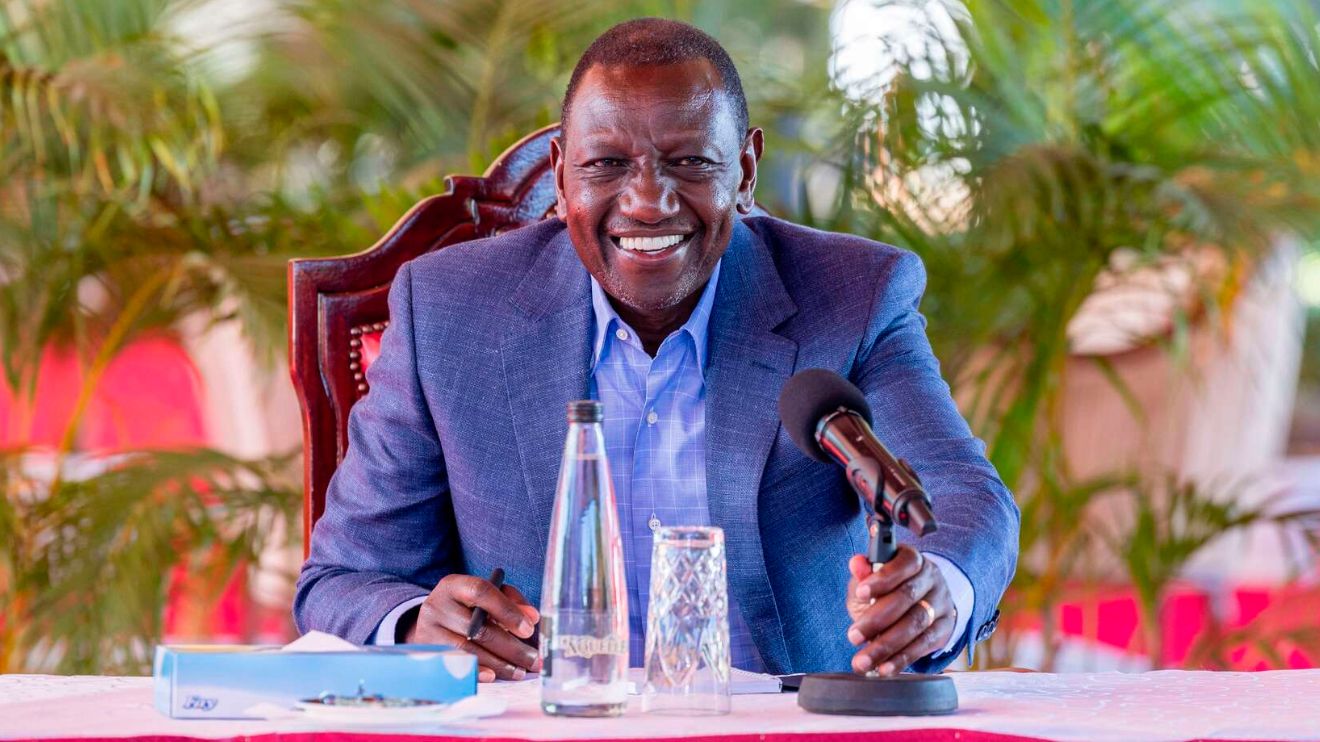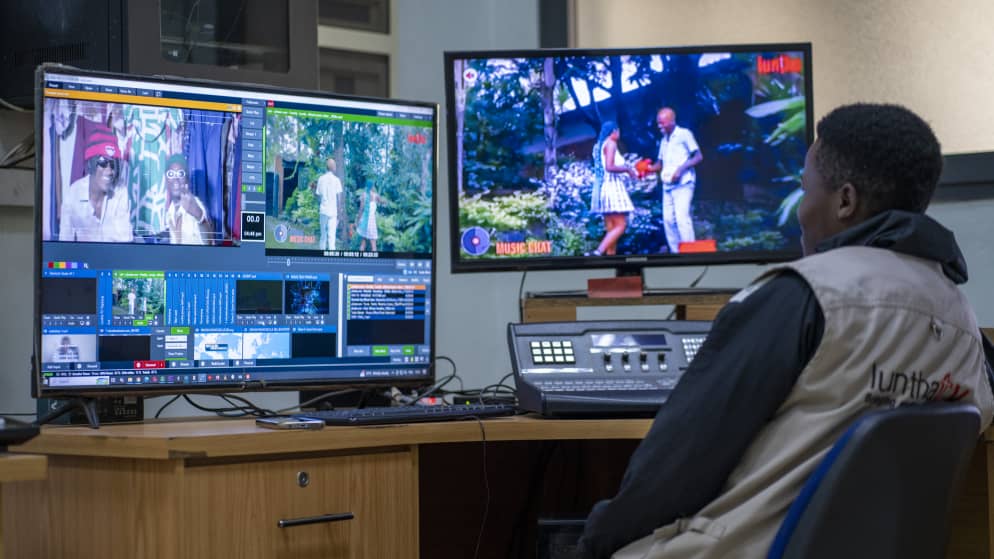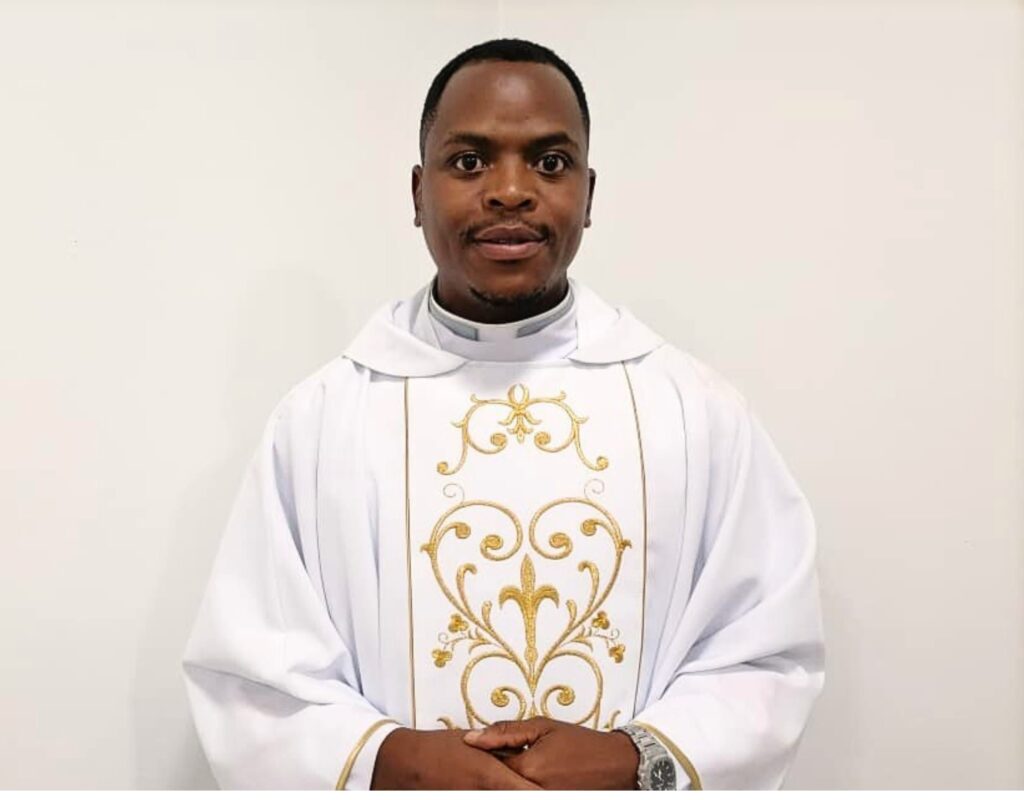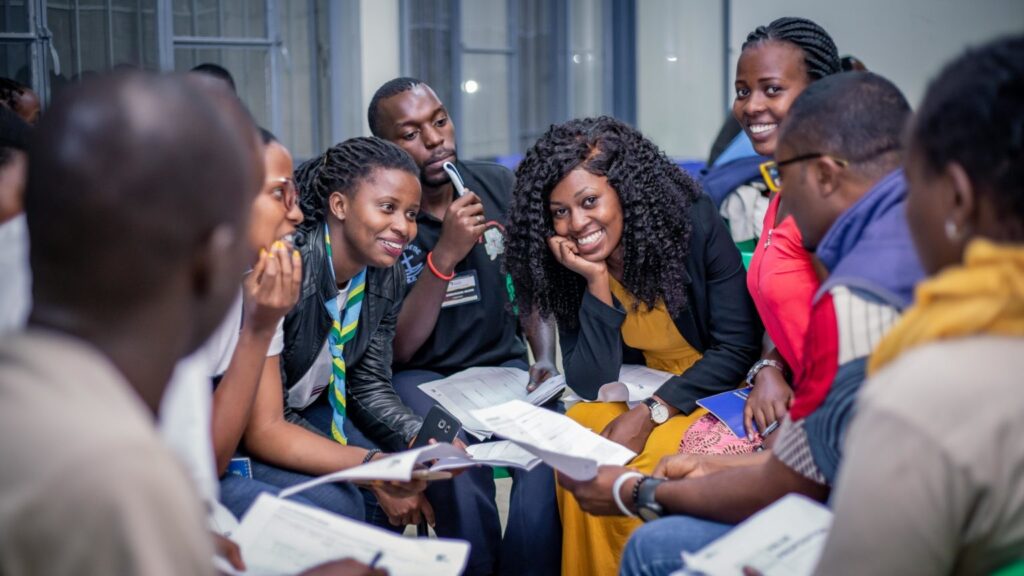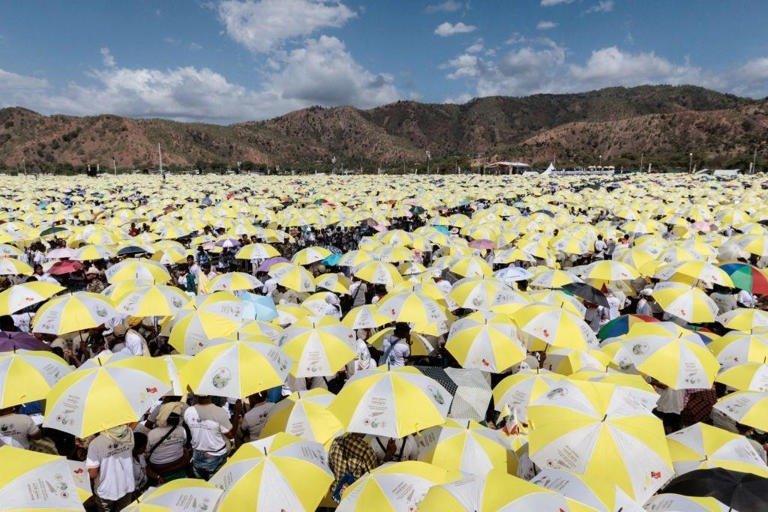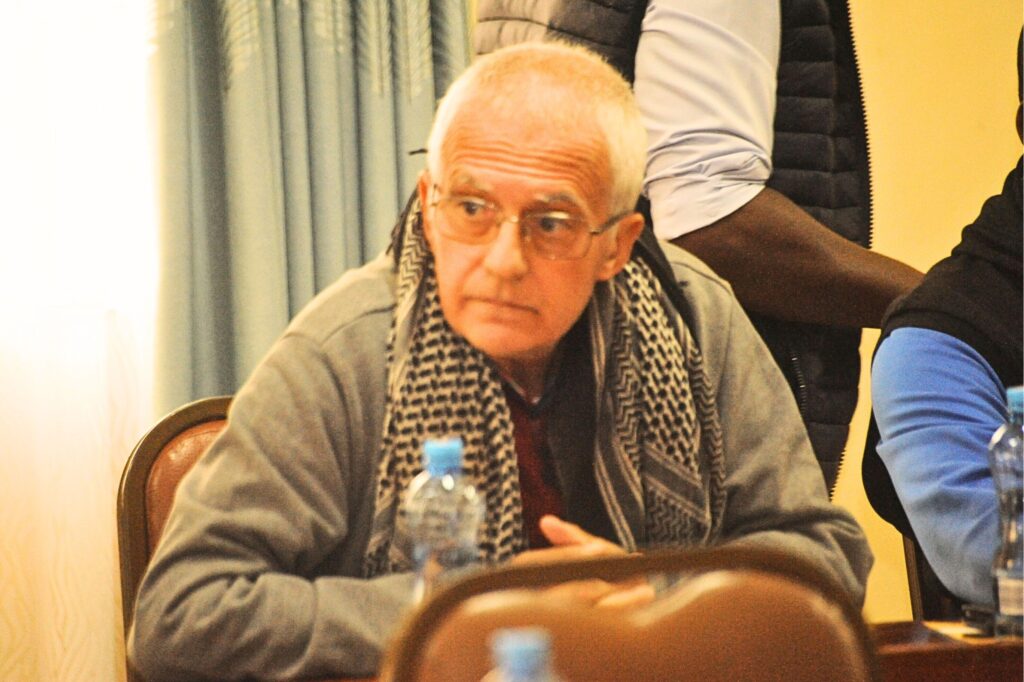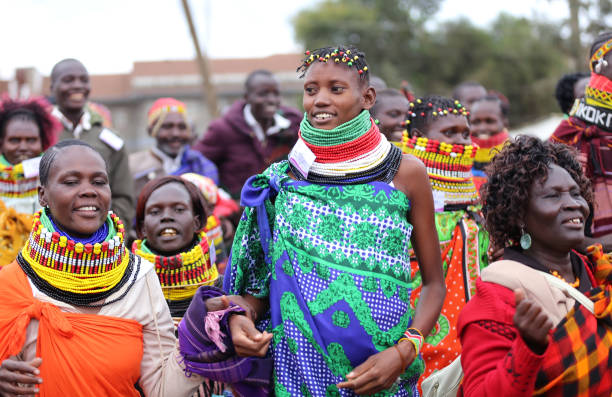In a significant move to address growing discontent among the youth, the president of the Republic of Kenya, Dr. William Samoei Ruto, on 5th of July, participated in an X Space session where he engaged the youth in a heated conversation. This interaction came as a result of nationwide protests against the Finance Bill 2024 which proposed tax increases on several essential goods. Even though president Ruto gave in to the protestors demands to have the bill thrown out, the event in itself underscores a notable shift in how political leaders interact with the younger generation, leveraging social media platforms to facilitate direct dialogue.

Over 100,000 participants joined the session highlighting the widespread interest and urgency of the issues being discussed. The President’s willingness to engage on this platform highlights a growing recognition of the power and influence of social media in shaping public discourse and policy. This engagement is seen as a crucial step towards rebuilding trust and fostering a more inclusive dialogue between the government and its younger citizens. The angry youths gave out their piece of mind, promising to send his government home come 2027 general elections, unless the president make the necessary changes they have been addressing for the last three weeks.
The Finance Bill 2024 sparked widespread outrage among Kenyans, particularly the youth due to its proposed tax hikes on essential items like diapers and sanitary pads. These measures led to massive protests across Nairobi and other major cities, reflecting the public’s frustration with the rising cost of living and perceived governmental overreach. With the daily chants of “Ruto must go” echoing through the streets, the protests underscored a deep-seated discontent with the administration. Protesters argued that the new taxes would disproportionately affect low-income households and bring about economic inequalities. The government’s response, which included a heavy police presence and arrests of demonstrators, only fuelled further outrage as lives were lost and properties destructed. This public unrest highlighted the urgent need for a more inclusive and responsive approach to governance, as citizens demanded accountability and tangible solutions to their economic hardships.
During the session, President Ruto emphasized his understanding of the youth’s concerns, noting that his own household includes young people, making him well aware of their struggles. He reiterated his commitment to addressing their grievances comprehensively and expressed his openness to continue this dialogue on X Space if that remains the platform of choice for the youth. This interaction marked a significant step towards more inclusive governance, highlighting the importance of direct communication in addressing the needs and concerns of the younger population. By engaging in this manner, President Ruto demonstrated a proactive approach to governance, aiming to bridge the gap between the government and its citizens and fostering a more participatory political environment.
Key Issues Discussed
The President addressed several critical issues and outlined his administration’s actions and future plans. He began by apologizing for past extrajudicial killings in Kenya, assuring that such practices will not occur under his leadership, and committed himself to taking action on specific incidents brought to his attention. He then highlighted his administration’s response to recent floods, detailing efforts to assist displaced individuals through financial aid and safe relocation and noted cabinet meetings and visits to affected areas. Despite these efforts, he expressed regret if the response was deemed insufficient.
He addressed the issue of pending bills amounting to approximately 650 billion shillings, explaining that he appointed Mr. Ouko, the former auditor general, to review these bills to ensure they could be paid, as they were crippling businesses and destroying enterprises. He mentioned that the budget included provisions to start addressing these pending bills.
Regarding the Linda Mama and Edu Afia programs, he announced significant changes. Under universal health coverage, Linda Mama benefits were scaled up, with an increase from 2,500 shillings to 11,000 shillings, and the upper limit raised to 32,000 shillings. Edu Afia was being universalized to provide health insurance to every Kenyan, not just students. The NHIF would be replaced by a social health insurance fund to ensure universal access. The President also addressed Nairobi’s revenue, stating that local representatives were responsible for overseeing the county government’s resource collection.
He spoke firmly against corruption, emphasizing decisive action. His first act in office was to grant financial autonomy to the police, allowing them to pursue corruption independently. He empowered the judiciary by appointing judges previously denied the opportunity to serve and increased the judiciary’s budget. He assured that any minister or principal secretary with verified corruption allegations would be fired immediately upon being taken to court.
On job creation, the President acknowledged a freeze on jobs in the public service but highlighted his commitment to facilitating the economy and the private sector to create more jobs. He focused on housing, digital jobs, manufacturing, and labor export to provide more employment opportunities for Kenyans. He emphasized his intention to ensure as many Kenyans as possible could have an income and contribute to the country’s development.
Not forgetting the Hustler Fund currently benefitting 2 million Kenyans and highlighted the drop in fertilizer prices, which helped increase food productivity, particularly maize production. He discussed the housing program, stating that 103,000 houses are being built, creating jobs for 160,000 young professionals
The President reiterated his commitment to fulfilling promises made to Kenyans despite challenges. However, the youth were not satisfied in the dialogue and expects him to do more. He mentioned the upcoming launch of the new health insurance program and his efforts to reach out to the 12-year-old Kennedy Onyango’s mother regarding a rogue police officer.
After three hours of back to back questions and answers, President William Ruto’s engagement with Generation Z on X Space marks a pivotal shift towards a more inclusive and responsive form of governance in Kenya. By utilizing social media platforms to facilitate direct dialogue, the country has not only demonstrated a forward-thinking approach but also a genuine commitment to adapting to the communication preferences of the younger generation. This innovative strategy not only addresses immediate concerns but also lays the groundwork for sustained and meaningful interaction between the government and its citizens.
In a time where Kenya faces significant socio-economic challenges, such initiatives play a vital role in fostering transparency, trust, and collaboration between policymakers and the public. By embracing digital platforms suggested by the youth like X Space, President Ruto is not only bridging generational gaps but also ensuring that the voices and perspectives of Kenya’s youth are heard and considered in shaping policies that affect their future. “I think I have gone home with; I need to listen more, I need more empathy together with my administration and also more action.” He wrapped up as he closed with a prayer. Kenyans are therefore hoping for a massive change after a week or so after a heated talk with the president.
By Phiona Jael
New People Media

